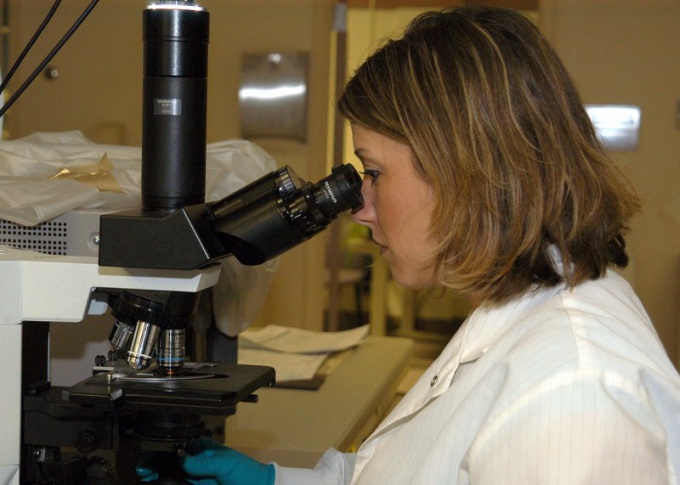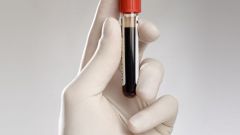Instruction
1
Creatinine is a decay product of protein metabolism. It is formed in the muscles, participating in energy metabolism of tissues, and secreted into the blood. From the body it is excreted by the kidneys along with urine, thus violating the indicators creatinine speaks primarily about the presence of diseases of the urinary or muscular systems.
2
Normal levels of creatinine in the blood vary in the range 53-98 mmol/l for women and 55-116 µmol/l in men. During normal operation, the kidney per day in men should stand out from the urine about 8.8 and 17.6 mmol (1.0-2.0 g) of creatinine, and for women and 7.2-15.8 mmol (0.8 to 1.8 g).
3
Children's bodies are not immune from problems in the urinary system. Therefore at the slightest suspicion on malfunction of the kidney in a child is the blood test for creatinine, a normal rate for children under one year of age is 18-36 µmol/l, and fourteen years 27-63 µmol/L.
4
Low creatinine levels in the blood can be caused by a variety of factors: vegetarian diets or starvation, a decrease in lean body mass for any reason, the first trimester of pregnancy, use of corticosteroids, etc. in addition, the decrease of creatinine in the blood may be observed in patients with cachexia (exhaustion) in the elderly and the amputees. Lowest rate of creatinine is also common in adolescents, patients with diabetes first type, in some chronic kidney disease.
5
At reduced level of creatinine in the blood to remove the cause of his fall, to make the treatment of the underlying disease affecting this indicator. If creatinine decreased as a result of insufficient proteins, it is necessary to balance the diet, including all of the necessary substances to the body.
6
In case of a decrease in creatinine in connection with the reception of those or other drugs, is to evaluate the ratio of their benefit. Sometimes normalization of creatinine in the blood results in the cessation of Smoking and alcohol consumption, the cessation of rigid diet.
7
In any case, the problem of low creatinine in blood should be discussed with your doctor. Only it is based on the test results and your medical history will be able to objectively evaluate the cause of the problem and to take adequate measures.
Useful advice
Regularly check the condition of the kidneys, if you are ill with diseases such as pyelonephritis, glomerulonephritis, etc.

